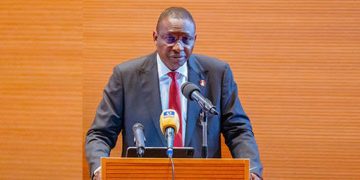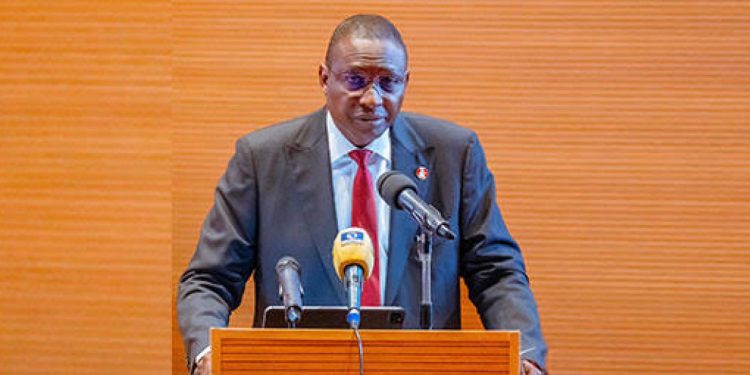The Economic and Financial Crimes Commission (EFCC) has cautioned that the surge in online fraud, popularly known as “yahoo-yahoo,” is a major factor behind tighter visa restrictions on Nigerians travelling abroad.
EFCC Chairman, Ola Olukoyede, explained that such fraudulent activities not only jeopardise the future of those involved but also damage Nigeria’s international reputation, resulting in tougher entry requirements for genuine travellers.
Speaking through Chief Superintendent Coker Oyegunle at an event organised by the Coalition of Nigerian Youth on Security and Safety Affairs in Port Harcourt, Rivers State, Olukoyede warned that internet scams, money laundering and economic crimes cost Nigeria billions of naira annually, slowing down development, eroding job opportunities and denying citizens improved infrastructure.
He advised young Nigerians to direct their energy into productive pursuits such as digital innovation, entrepreneurship, agriculture and the creative industries. According to him, “fraud is not success but a trap” that often leads to loss of freedom, reputation and future opportunities, as digital footprints are permanent and law enforcement eventually catches up.
Olukoyede also restated the EFCC’s commitment to intensify public education, strengthen enforcement and work with communities to combat cybercrime and related offences.
Other agencies at the event echoed similar warnings. The National Drug Law Enforcement Agency (NDLEA) representative, Mathew Ewah, described drug abuse as one of the most pressing threats facing Nigerian youths, while the Nigeria Security and Civil Defence Corps (NSCDC) cautioned against pipeline vandalism in the South-South region.
The EFCC has recently increased its clampdown on cybercrime nationwide. In August, its Lagos Zonal Directorate 1 arrested 38 suspected internet fraudsters at a hotel in Ikorodu, Lagos, after several days of surveillance. Vehicles, phones and suspected narcotics were recovered from the suspects.
In Edo State, the commission’s Benin Zonal Directorate secured convictions against 12 persons, including two brothers, for offences ranging from advance-fee fraud and possession of fraudulent documents to retention of crime proceeds. Justice M. Itsueli of the Edo State High Court sentenced them after they pleaded guilty.
In July, the United States revised its visa reciprocity schedule for Nigeria, reducing the validity of some non-immigrant visas to three months and limiting them to single entry. The new rules affect B1/B2 business and tourist visas as well as F and J visas for students and exchange visitors.















